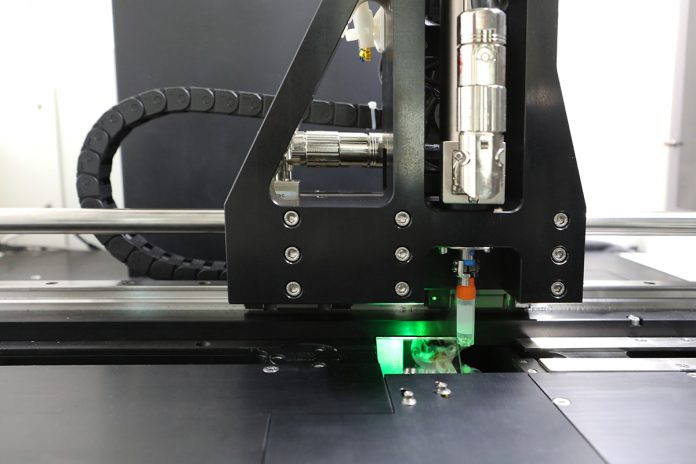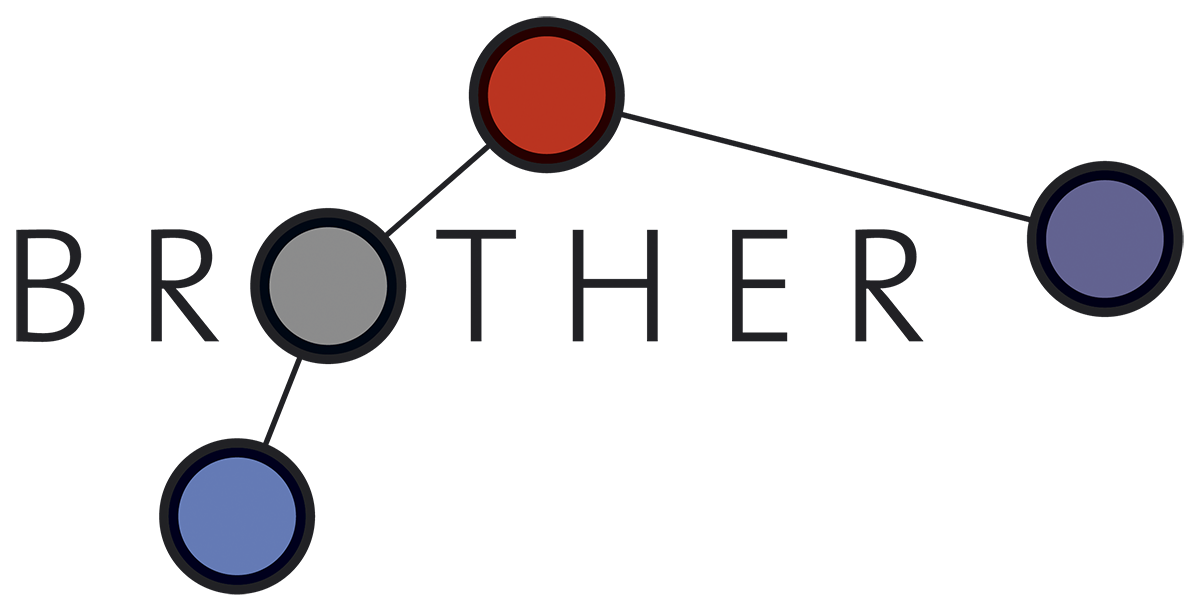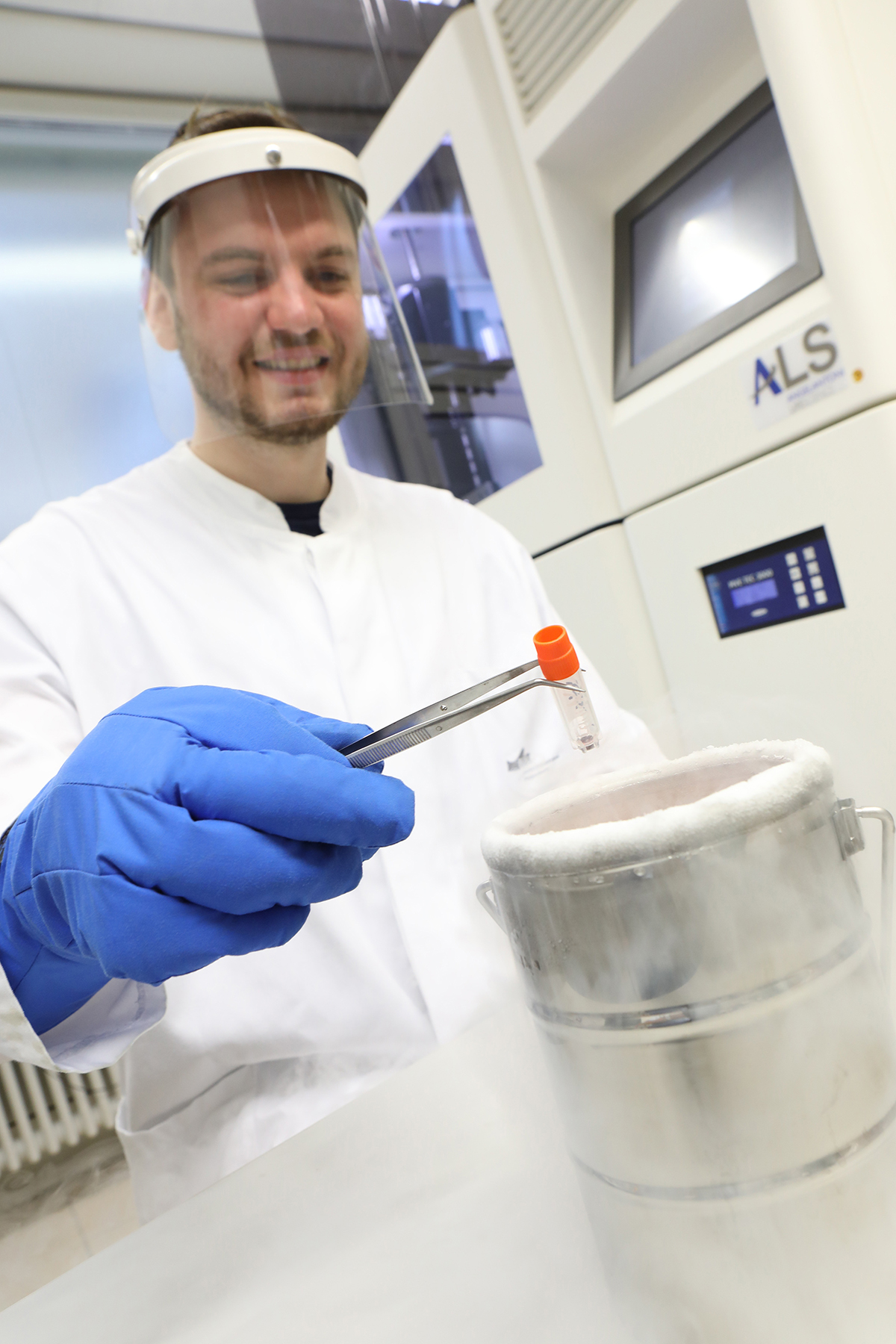
Christoph Brochhausen, Max Babel, Tanja Neumair, Karl Friedrich Becker, Judita Kinkorova, Ondrej Topolcan, explain here exactly how BRoTHER brings biobank know-how to scientists, students and the public
It is well known that biobanks represent crucial infrastructures for precision medicine. However, scientists, students and the public are not totally aware of this fact. This may be one reason why the sustainability of biobanks all over Europe is not self-evident and why funding of biobanks remains a matter of debate.
Furthermore, the definition, understanding and the mission of biobanking is highly complex and heterogeneous. Also, this heterogeneity is not well known. Even if there are several integrating societies bringing biobanking communities from the different fields together, a real interaction of biobankers and biobanking is mandatory. Finally, scientists, students and the public are not aware of the innovative potential of biobanking with a view to cytotechnology, robotics and artificial intelligence (AI).
Besides sustainable financing of a biobank infrastructure, the acceptance of biobanking in the public is another essential pillar for the success of a biobank, especially for a clinical biobank since their repository is dependent on the donation of specimens by the patients and their consent to use these specimens for experimental research. Furthermore, the exchange of know-how is a crucial parameter to guarantee not only the continuous work with state-of-the-art methods but also to follow recent developments in targeted therapy, as well as new trends in the analytics of prognostic or predictive factors respectively. The last pillar which is essential to ensure the sustainability of a biobank, is the dissemination of the strategy, the methods and the activities of a biobank. This last point is a mandatory feature, on the one hand, to be attractive for and to get access to the potential participation in new experimental studies or trials initialised by third parties and, on the other hand, to ensure the long-term acceptance within patients in case of clinical biobank or within the population in the event of a population-based biobank.
BRoTHER (fig. 1) represents a Bavarian Czech biobank network funded by the Bavarian-Czech Research Agency with finance from the Bavarian State Ministry of Finance, Development and Homeland to promote common biobank projects. This small biobank network consists of the biobank of the University of Regensburg (Germany), that of the Technical University Munich (Germany), that of the Faculty Hospital Pilsen (Czech Republic) and the Masaryk University, Brno (Czech Republic). A crucial focus in this network is given by dissemination and exchange of know-how. BRoTHER follows a unique strategy to disseminate and promote the ideas and the activities for innovative biobanking: With posters, presentations at relevant conferences and events, brokerage events and development, we address the scientific community. With information materials in the languages of the involved partners, namely in German, English and Czech, we address the broader public. In this context, this publication in Open Access Government is one way to disseminate our activities in biobanking. With that, we want to make BRoTHER known and attractive to the readership from the European Parliament, the European Commission but also for European and national research agencies.

Furthermore, the dissemination of biobank know-how to the wider public and our work on public relations is important for two reasons. The first is to stay attractive for potential biomaterial donors and get or to keep the acceptance of the biobank within the public arena. Finally, dissemination of biobank know-how will also be an instrument to enlighten the public about the need for biobanking, its role for personalised medicine and in modern biomedical research. To address this issue, we use not only press releases and short information, articles in magazines, journals and other printed materials published regularly both in Bavaria and the Czech Republic, but also public events such as a benefits concert, a plenary discussion with the public and public readings, events which were joined by more than 1,000 people coming not directly from a clinical context. In addition to that, our Czech partners provided national press releases to inform people about the most important initiatives promoted and organised as part of the project at the national level. Furthermore, cooperation with relevant associations, infrastructures and other relevant partners will be initiated to disseminate the information on the project and to open the space for future collaboration. In this context, the project BRoTHER and the need for interconnected biobanks and biobank research were presented to the public during the official opening ceremony of the biobank at the Faculty Hospital, Pilsen at the beginning of 2017.
The exchange of know-how is an important aim of BRoTHER which is realised on different levels: with Symposia and workshops, we address biobank staff and researchers. Our Symposia and workshops focus on new technology in biobanking such as cryobiology, IT, as well as AI and robotics (Fig. 2). They are organised twice a year, one with a Bavarian partner and one with a partner in the Czech Republic. The workshops are open for students and scientists working in the different aspects of biobanking. One important topic of the workshops is the practical work on different aspects of biobanking. The subjects of the workshops are:
- Biobanking data management;
- Techniques on Whole Slide Imaging;
- The effect of preanalytical for biobank specimen and;
- Ethical, legal and social aspects of biobanking (ELSI).
Symposia are held once to twice a year in Bavaria and the Czech Republic. The Symposia aims to bring the students and scientist of the partners together with leading researchers in the different fields of the projects. The most important topic of the Symposia is the presentation of the recent research topics and research trends within the field of biobanking, as well as the exchange of knowledge. The first Symposium was held in the cadre of the Opening Ceremony of the Pilsen Biobank in 2017.
Furthermore, we have established a student exchange programme which facilitates students in medicine to obtain knowledge about biobanking since this important topic is not yet represented in the most curricula. Within the exchange programme, we organised a student summer school. In addition, the students learn more about the different methods in biobanking via hands-on training during site visits (fig. 3).

A crucial issue within the BRoTHER Consortium is learning from each other by working together. With a view of the different levels of interconnection and cooperation, as well as with a view to the harmonisation of biobank work-flows and processing, the project partners compare workflows, analyse the ratio behind it and evaluate if these are in accordance with national and international standards in biobanking. In this context, our student exchange programme of graduate and post-graduate students represent an important element of this interconnected work. The students are properly integrated into the different aspects of the project work regarding harmonisation and digitalisation. They rotate from one partner to another and will be actively integrated into the project work and in the infrastructure of the different biobanks at the partner sites. With that, the students will become familiar with work-flow, the analytical methods and the standard operating procedures at the different partners of BRoTHER. Thus, they will learn more about the project partners, as well as the recent developments in innovative biobank technology including IT, whole slide imaging and robotics.
During the first three years of BRoTHER, two summer schools are organised, one in 2018 in Regensburg and the second one in 2019, in Pilsen. During the Summer School, we bring the students of the partner sites together and they present and discuss their activities and results with each other and leading researchers in the field. The idea is that the summer schools will be held at each partner site so that the opportunity is given learning more about the partner institutions and the cultural aspects of the partner cities.
In conclusion, BRoTHER represents a unique network of biobanks in Bavaria and the Czech Republic, which is specialised in exchange of biobank know-how and dissemination of the biobank idea. We are developing specific strategies to bring the biobank idea near to the public and to interconnect innovative technologies with the biobanking idea. With that, BRoTHER could play a crucial role in connecting biobanks all over Europe and to communicate the relevance of biobanking for the healthcare system within Europe.
Please note: This is a commercial profile










